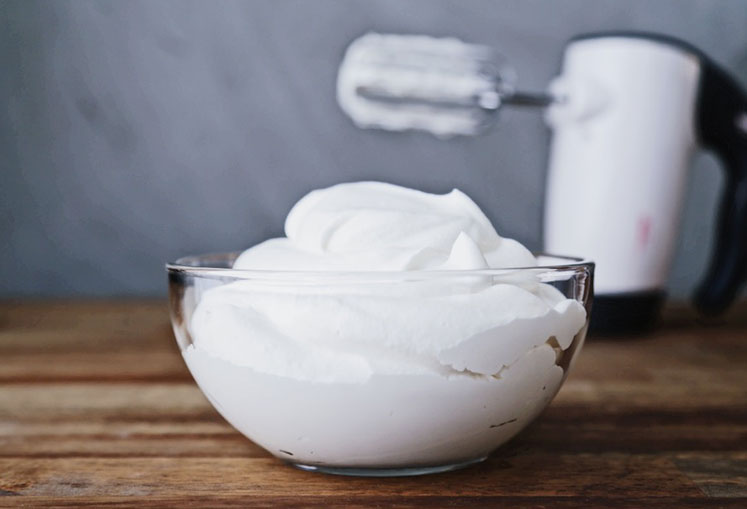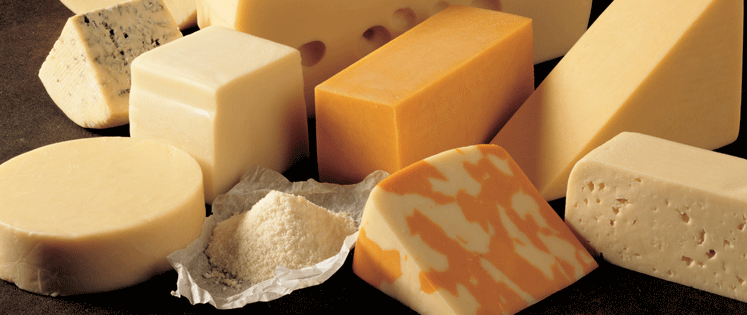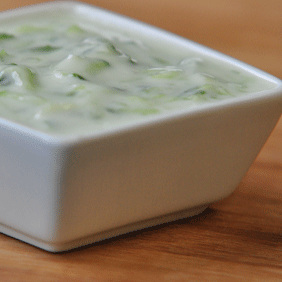Does Milk Cause Mucus?
Studies have shown that drinking cow’s milk does not stimulate the production of respiratory mucus or obstruct bronchial airflow. In one study, 60 volunteers were exposed to a respiratory virus. They had to record their daily respiratory symptoms for 10 days. Nasal secretion weights and milk and dairy product intake were also recorded. No statistically […]
Read more






